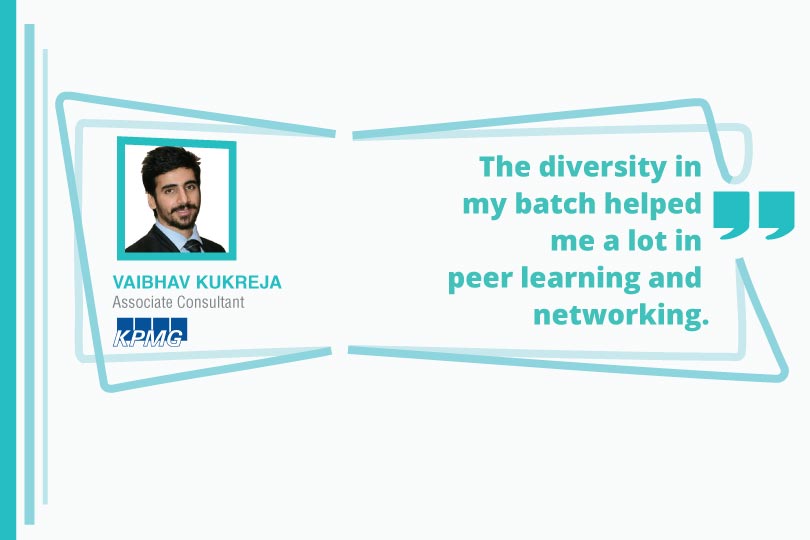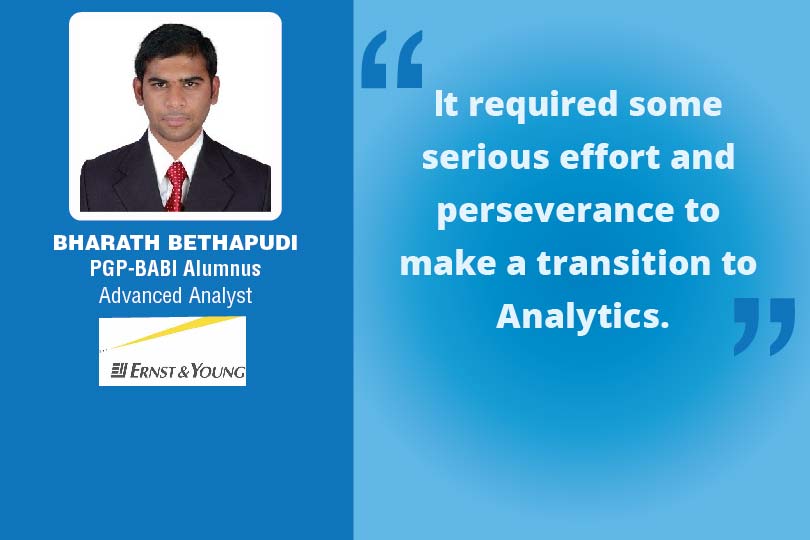Amidst all the job listings looking for 'rockstars', 'ninjas' and 'superstars', I'm left wondering where the rest of us fit in. If everyone needs a rockstar, where does the diligent, yet perfectly ordinary person fit in? In all the talk of A players hiring other As, and Bs hiring Cs, we've devalued what it means to be exceptional. No surprise then that 90% of job seekers are above average.
You risk missing out on half the population
Men and women view their own abilities differently. A number of studies have shown what many of us always suspected - that women suffer disproportionately from the 'imposter syndrome', the belief that their success is undeserved and that they're on the verge of being found out for their true (lack of) abilities. Women are less likely to describe themselves as exceptional performers and tend to judge themselves more harshly when evaluating their fit for a role. Men, on the other hand, rate themselves much higher in their ability to do (and succeed at) the job.
You risk turning off true rockstars
"The more you know, the more you know you don't know". This aphorism rightly captures the essence of the Dunning-Kruger effect. Across four studies, Kruger and Dunning found that the "not only do the unskilled reach erroneous conclusions and make unfortunate choices, but their incompetence robs them of the metacognitive ability to realize it". Most of us want to attract the truly thoughtful, diligent and self-reflective of employees; and not the shallow self-publicist. Why turn off our target audience at the very outset?
You probably don't need a rockstar for that
For a number of companies, especially the well-funded behemoths like Google, Facebook and Apple, money is no object. Talent begets success begets more talent. They're caught in a virtuous loop. For the vast majority of companies, this causes a real problem. Salaries are inflated, as are expectations of perks, stock and growth. But here's where you get to define your parameters.
Do you really need that 22-year-old genius/Olympian who can program in 5 languages, speak in 5 more and effortlessly deliver a TED talk in one take? Chances are, you don't. Why then, do we fill our job descriptions with unnecessary but 'nice-to-have' traits with no regard to practicality? Why don't we spend an extra few minutes thinking about what we REALLY want them to know/do and who we'd REALLY like them to be?
Hiring is hard enough without the pressure to find the unicorn. Mistakes when hiring people are among the most expensive mistakes a company can make. It not only takes an inordinate amount of time and money to fix a miss-hire, but it also creates a lot of stress within the teams into which people are hired. All the while, competence, cohesion, openness and a willingness to learn often count for a lot more than people give them credit for. For the sake of our sanity and of creating a more realistic, representative marketplace for skills, let's end the hyperbole.






